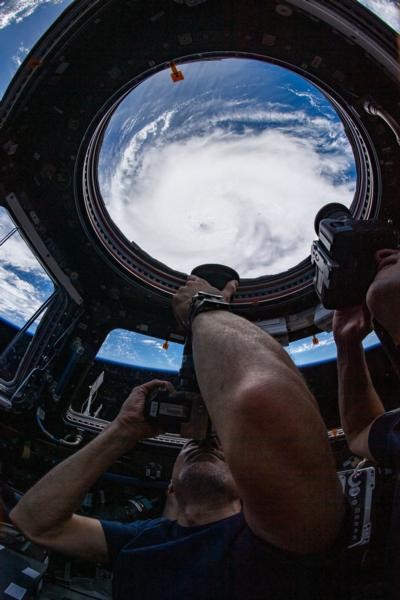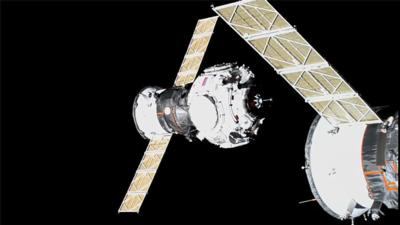Incoming Roscosmos Head Ends Rumors, Announces Solo Space Station Instead
The Russian Federation has announced its intent to withdraw from the International Space Station program, ending their arrangement after fulfilling its current obligations sometime in 2024.

The Kremlin issued a statement alongside recently appointed Roscosmos head Yuri Borisov laying out their decision. The announcement firms up months of rumor over the heavily sanctioned country’s involvement in the worldwide space program, causing some concern among those still supporting the ISS as it nears the quarter century mark. The Russians have done much to keep the station alive throughout its history, but Borisov seems to think it’s time they struck out on their own. Once their current service obligation ends in 2024, Russia will pivot towards the creation of its own independent orbiting station.
They aren’t the only ones interested in their own presence above, as NASA has been laying the groundwork for a raft of commercial stations from Nanoracks, Grumman, and Blue Origin for use once the ISS reaches its end of service. Until then, however, those in the ISS program are left trying to determine just how to keep the station afloat through their current service timeline. NASA recently reiterated their commitment to the project, with administrator Bill Nelson saying that the ISS will remain in service through at least 2030.

Should the Russians truly disengage, a never ending parade of problems, issues, fears, woes, and headaches would likely arise. Whether it’s the continued maintenance of non-standard, foreign subsystems of Russian manufacture, an entirely different system of parts and of would-be issues will arise, from basic operations to continued safety without a foundational member. Russian modules account for about half of the ISS, with their rockets being used for periodic orientation and alignment. A possible maintenance nightmare is in the cards should their modules be passed over the NASA and company, or a tremendous shortfall in livability and redundancy should the country decide to disengage its modules for use elsewhere. Either way, NASA has a lot of work ahead of them in order to sustain the ISS.
But, as anyone knows. “Talk is cheap”, and as it goes in politics, nothing happens ‘til it happens. Whether or not the Russians go through with the decision to discontinue support for the ISS will remain unknown until 2024. Given the raft of sanctions, it’s not entirely unlikely that the threat is intended to alleviate some of the economic pressure experienced by the Federation. Pulling out of the ISS in favor of their own private station is much easier said than done, as anyone would expect. And not just for NASA, as Roscosmos could lose competence after pulling Russian astronauts out of service. Without active spaceborne personnel, the Russians could be left with an undesirable gap in their personnel’s experience and currency, making a future solo return all the more difficult when the time comes.
 Classic Aero-TV: Remembering Bob Hoover
Classic Aero-TV: Remembering Bob Hoover ANN FAQ: Follow Us On Instagram!
ANN FAQ: Follow Us On Instagram! ANN's Daily Aero-Linx (05.15.24)
ANN's Daily Aero-Linx (05.15.24) ANN's Daily Aero-Term (05.15.24):Altimeter Setting
ANN's Daily Aero-Term (05.15.24):Altimeter Setting Aero-News: Quote of the Day (05.16.24)
Aero-News: Quote of the Day (05.16.24)




